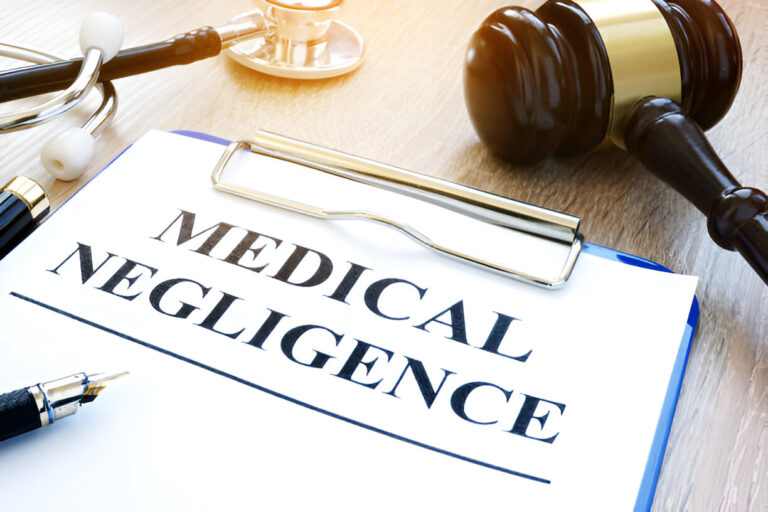Understanding Wrongful Death
Losing a loved one can be an agonizing experience, especially when that loss could have been prevented. In legal terms, “wrongful death” occurs when someone’s death is directly linked to the negligent or unlawful actions of another person or entity. Often, such cases arise in medical settings because of malpractice, where healthcare providers fail to uphold the necessary standards of care. The tragedy of losing a loved one is compounded by the knowledge that the loss might have been avoidable. For families, the option to file a wrongful death claim Tampa, FL, or similar jurisdictions presents an opportunity to seek accountability and possibly bring about systemic changes to prevent future occurrences.
Key Elements of a Medical Malpractice Case
Crafting a robust wrongful death case hinges on establishing specific legal elements. These include demonstrating the existence of a duty of care, which is typically inherent in the doctor-patient relationship. A breach occurs when the healthcare provider deviates from established care standards, causing harm. To connect the breach to the death, causation must be shown where the provider’s actions, or lack thereof, directly result in the patient’s demise. Lastly, damages, encompassing economic and non-economic losses the deceased’s family suffered, must be quantifiable. Each element is essential for arguing a case in court and compellingly presenting it to a judge or jury.
How to Prove Medical Negligence
Proving medical negligence in a wrongful death case is often a complex undertaking. It illustrates how the healthcare professional failed to provide the level of care that another reasonably competent professional would have given under similar circumstances. This could involve diagnosis, treatment, aftercare, or health management errors. Gathering convincing evidence, often through a comprehensive review of medical records, is crucial. Additionally, enlisting medical experts to testify about how the standard of care was breached can bolster the case. This testimony can provide clarity on intricate medical procedures and validate claims of negligence, ultimately aiding in the pursuit of justice for the deceased.
The Legal Process: Step-By-Step
Embarking on a wrongful death lawsuit involves navigating a structured legal process. Initial steps include appointing a personal representative for the estate, who will officially file the lawsuit. The discovery phase follows, where both parties gather relevant evidence, including depositions and document requests. This phase serves as the foundation for building the case. Once evidence is collected, parties can negotiate settlements to avoid potentially lengthy court trials. However, if negotiations fail or a satisfactory agreement is not reached, the case progresses to trial, where a judge or jury will render a verdict.
Potential Compensation for Families
Families dealing with the aftermath of a wrongful death often face substantial financial and emotional burdens. Compensation in such cases may cover economic damages like medical expenses incurred before death, funeral costs, and loss of the deceased’s future earnings. Non-economic damages might include compensation for pain and suffering, loss of companionship, and emotional distress. Each case’s specifics determine the compensation available, emphasizing the importance of thoroughly assessing all potential damages.
Choosing the Right Legal Representation
Selecting a competent attorney can significantly influence the outcome of a wrongful death case. Lawyers specializing in medical malpractice and wrongful death bring a wealth of experience, enabling them to handle the intricacies of these complex legal matters expertly. They provide legal advice and serve as advocates during emotionally challenging times, offering strategic counsel and empathetic support. A lawyer’s experience and familiarity with similar cases help navigate the claims process more effectively, potentially leading to a favorable resolution.
Moving Forward: Healing and Recovery
After navigating the legal complexities, families must face the emotional healing journey. The passage of time, combined with support from therapy, community groups, and personal resilience, aids in moving forward. Joining support groups for families who have experienced similar losses can provide comfort and shared understanding. Counseling services can offer therapeutic support, assisting individuals in processing their grief and beginning the long process of healing. Although legal restitution can provide some solace in securing future financial stability, the emotional recovery journey often requires personalized support and dedication to rebuilding a life altered by loss.

david Miller is an experienced English language expert with a deep passion for helping others communicate effectively and confidently. With a background in linguistics and literature, He provides clear, accessible insights on grammar, writing, and communication strategies. Through well-researched articles and practical advice, David Miller aims to make language learning both inspiring and achievable for readers of all levels.


